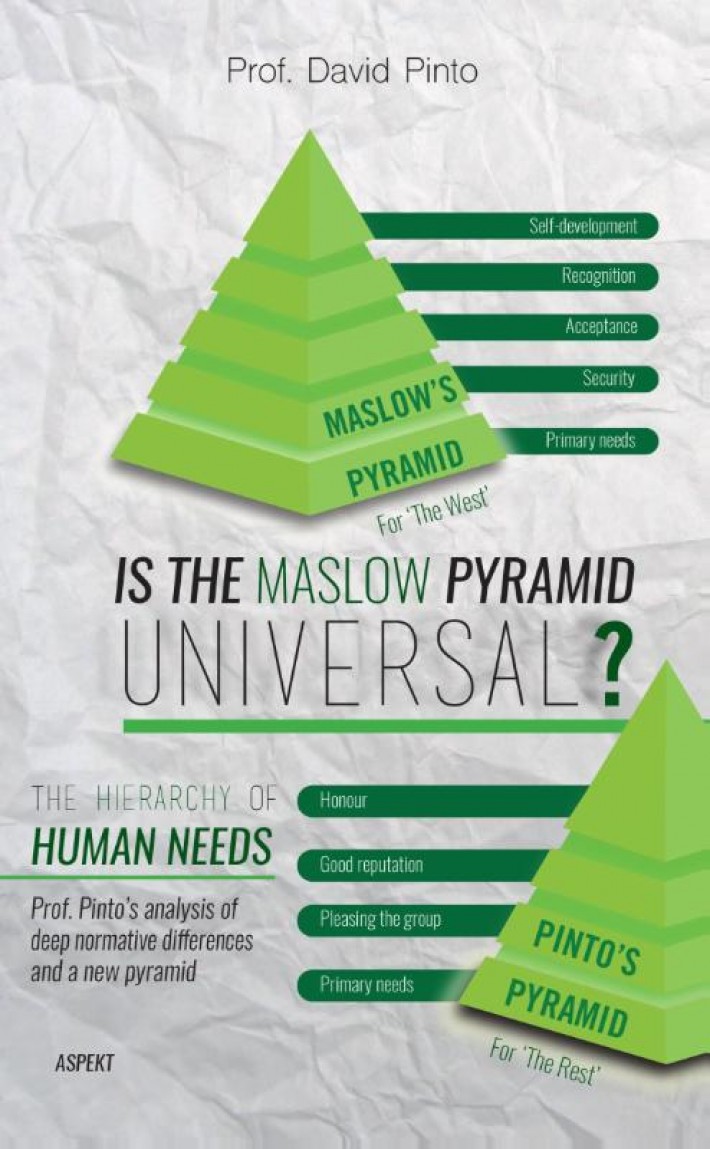dit werk kent de volgende uitvoeringen
verschijningsdatum28/02/2017

The enormous growth in the world population, the ever-increasing difference in welfare between rich and poor countries and the rapid progress in mass communication and mass transport have caused peoples and cultures to mingle more than ever before. We cannot get around it any longer: the cultural diversity of society is an indisputable fact. In interactions between people with different cultural norms and values (intercultural contact), there is a greater chance of misunderstanding, miscommunication and mismanagement whenever there is a lack of understanding of those differences. This can lead to professional and personal losses.
Given the (cultural) diversity of present-day society, communication and management theories that used to be adequate seem to have lost some of their practical relevance. Even Maslow's well-known pyramid of basic human needs is no longer universally applicable. Expectations and interpretations are no longer consistent with objectives, and matters that used to be taken for granted now cause confusion. This has created the need to develop new concepts that take society's diversity into account.
If objectives in communication, management, policy-making and education are to be attained, it is essential to acknowledge and learn about cultural differences.